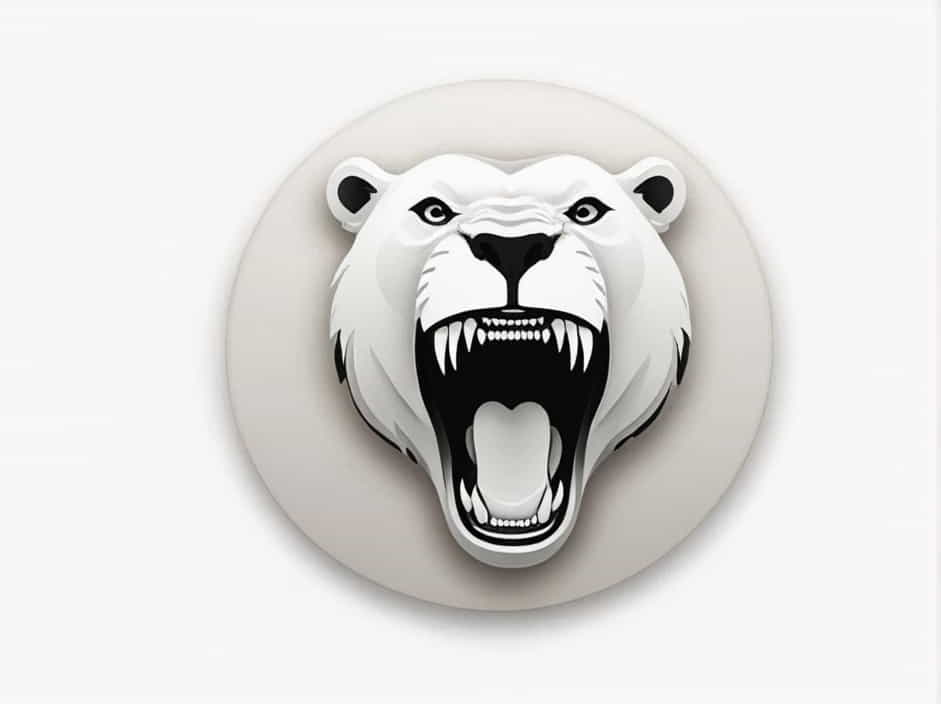When you visit a zoo, some animals immediately grab your attention with their massive size, strength, and intimidating presence. Among these heavyweight creatures, one of the most striking sights is their scary yawn—a jaw-stretching display that can be both fascinating and terrifying. But why do these animals yawn so dramatically? Is it a sign of sleepiness, dominance, or something else entirely?
In this topic, we’ll explore the biggest zoo animals with the most intimidating yawns, their reasons for doing it, and which species hold the title for the strongest bite force.
1. The Meaning Behind a Scary Yawn
Yawning isn’t just about tiredness. In the animal kingdom, a big open mouth can mean:
- Communication – Some animals yawn to intimidate rivals or show dominance.
- Cooling the Brain – Yawning may help regulate body temperature and keep animals alert.
- Oxygen Boost – Deep yawns bring more oxygen into the lungs, helping with energy levels.
- Stress or Anxiety – Some animals yawn when they are stressed or uncomfortable.
Now, let’s look at the top zoo heavyweights known for their massive, scary yawns.
2. Hippopotamus: The King of the Intimidating Yawn
Size and Strength
The hippopotamus is one of the most dangerous animals in Africa. Despite its round, almost cartoonish appearance, this giant mammal is incredibly powerful.
- Weight: Up to 4,000 lbs (1,800 kg)
- Bite Force: 1,800 PSI (Pounds per Square Inch)
- Mouth Opening: Up to 150 degrees
Why Do Hippos Yawn?
A hippo’s yawn isn’t a sign of tiredness—it’s actually a warning. When a hippo widens its massive jaws, it’s showing off its huge teeth and sharp tusks to intimidate rivals or intruders. In the wild, this behavior often happens before a fight.
Fun Fact
A hippo’s bite is so strong that it can snap a crocodile in half. No wonder their yawns look so terrifying!
3. Lions: The Roaring Yawn of the Jungle King
Size and Strength
Lions are known as the kings of the jungle, and their yawn is just as impressive as their roar.
- Weight: Up to 500 lbs (225 kg)
- Bite Force: 650 PSI
- Mouth Opening: Wide enough to display huge canines
Why Do Lions Yawn?
A lion’s yawn can mean different things:
- Cooling Down – A lion’s brain heats up after intense activity, and yawning helps cool it down.
- Social Bonding – Lions yawn to communicate with their pride members, often before a group hunt.
- Dominance – A powerful yawn can be a subtle way of showing strength.
Fun Fact
Lions yawn a lot during the day because they sleep up to 20 hours daily!
4. Crocodiles: A Deadly Jaw with a Wide Gape
Size and Strength
Crocodiles have one of the strongest bite forces in the world. Their wide, tooth-filled mouths make their yawns look extra frightening.
- Weight: Up to 2,200 lbs (1,000 kg)
- Bite Force: 3,700 PSI (stronger than any land animal!)
- Teeth: Up to 80 razor-sharp teeth
Why Do Crocodiles Yawn?
Crocodiles yawn for temperature control. Since they are cold-blooded, they rely on external heat sources to warm up. A wide-open mouth helps release excess heat when they get too warm.
Fun Fact
Despite their terrifying jaws, crocodiles can’t chew—they swallow their food whole!
5. Tigers: A Powerful Predator with a Fearsome Yawn
Size and Strength
Tigers are the largest big cats, even bigger than lions. Their yawn reveals a powerful jaw designed for taking down large prey.
- Weight: Up to 700 lbs (320 kg)
- Bite Force: 1,050 PSI
- Teeth: Long, sharp canines that can crush bones
Why Do Tigers Yawn?
Like lions, tigers yawn to prepare for activity and to signal their presence to others. Their yawns can also indicate relaxation after a big meal.
Fun Fact
Tigers can swim for long distances, and they sometimes yawn before diving into the water.
6. Gorillas: A Primate’s Intimidating Yawn
Size and Strength
Gorillas may be gentle giants, but their yawns can be intimidating.
- Weight: Up to 450 lbs (200 kg)
- Bite Force: 1,300 PSI
- Teeth: Large canines, especially in males
Why Do Gorillas Yawn?
- Social Communication – Gorillas yawn to show dominance over others.
- Stress Release – Sometimes, they yawn when nervous or anxious.
Fun Fact
Yawning is contagious for humans, but it also happens in gorillas! If one gorilla yawns, others may follow.
7. Bears: A Lazy Yawn or a Warning?
Size and Strength
Bears are among the most powerful land mammals, and their yawns can be both sleepy and scary.
- Weight: Up to 1,500 lbs (680 kg) (for a Kodiak bear)
- Bite Force: 975 PSI
- Teeth: Adapted for both plants and meat
Why Do Bears Yawn?
- Before Hibernation – Bears often yawn as they prepare to sleep for months.
- As a Warning – Some bears yawn when they feel threatened or agitated.
Fun Fact
Unlike many other yawning predators, bears can have a gentle, lazy yawn, especially when waking up from hibernation.
Some of the largest and most powerful animals in the world have yawns that look terrifying but serve important purposes. From hippos warning enemies to crocodiles regulating temperature, yawning in the animal kingdom isn’t always about sleep—it’s often a tool for survival.
Next time you visit a zoo and see a massive animal yawning, remember: it might not be tired—it could be sending a message!
